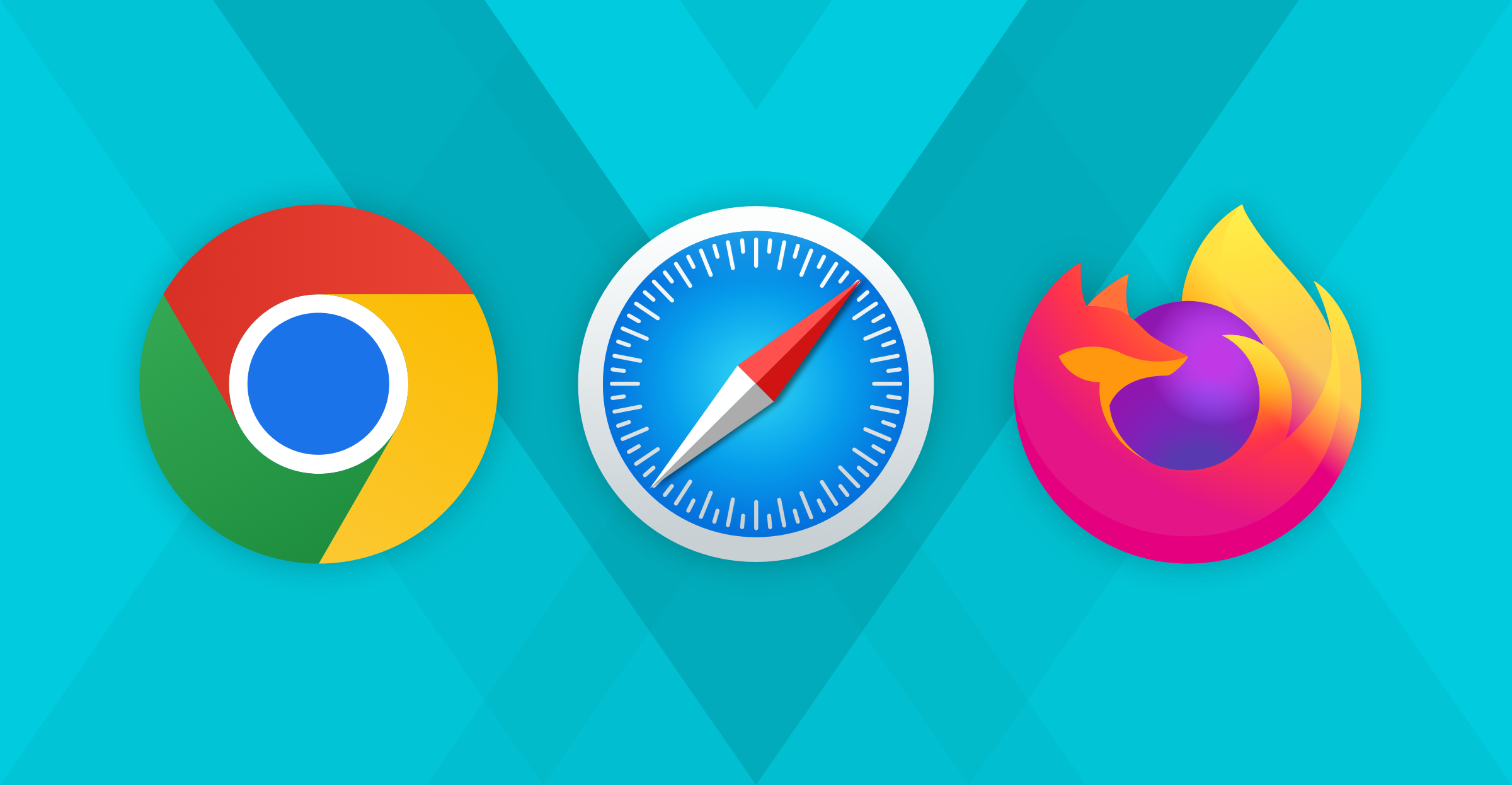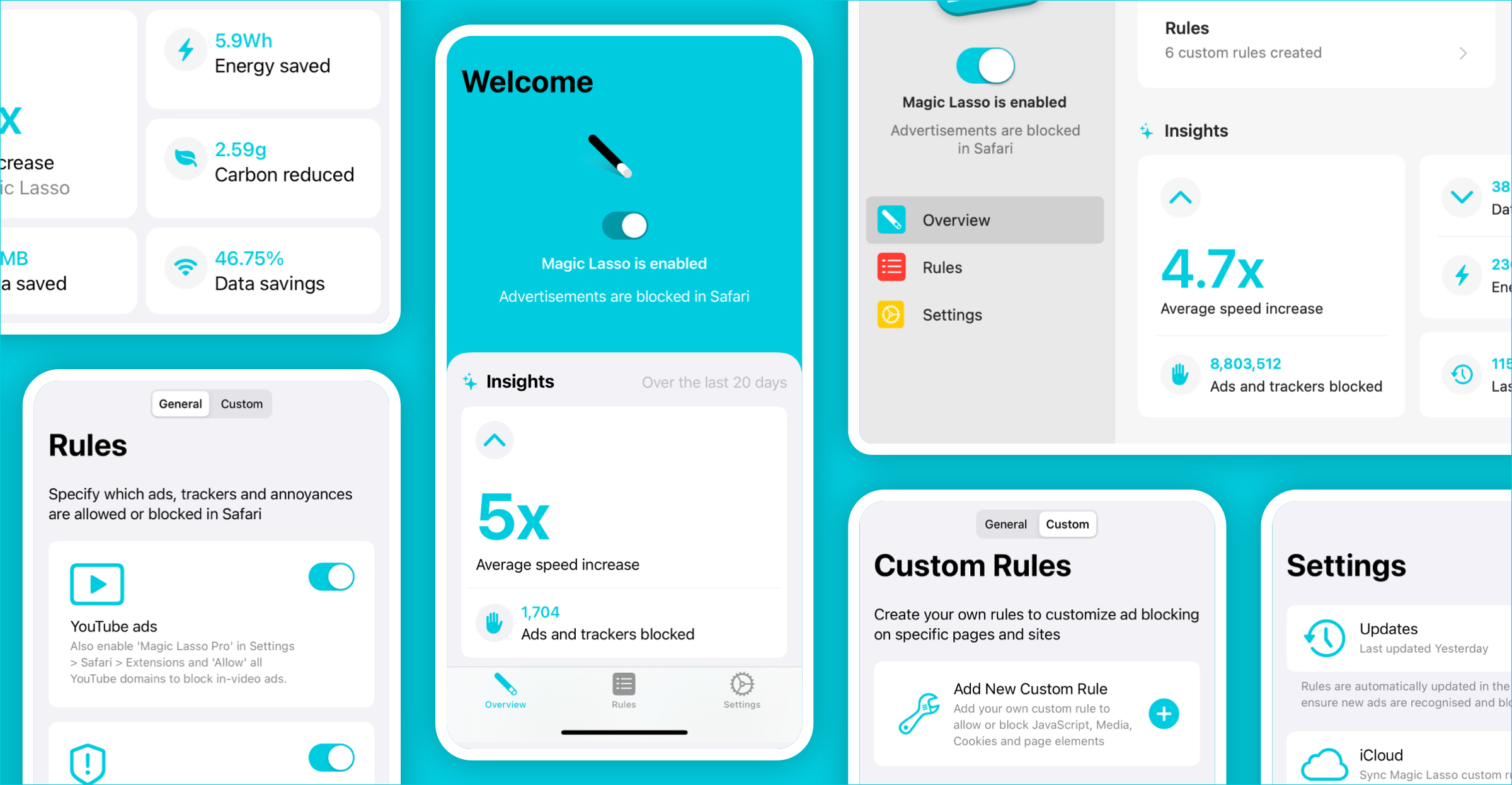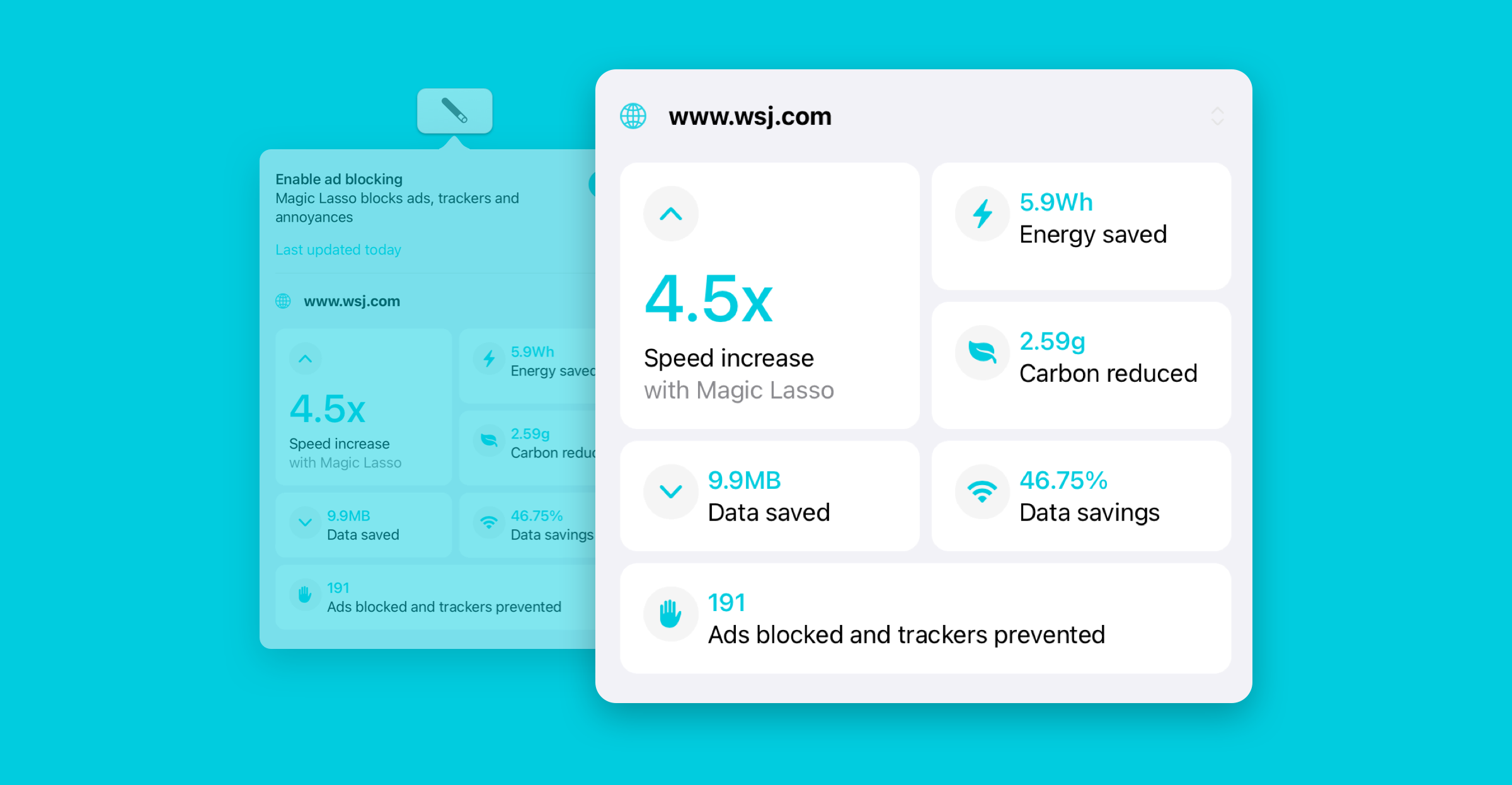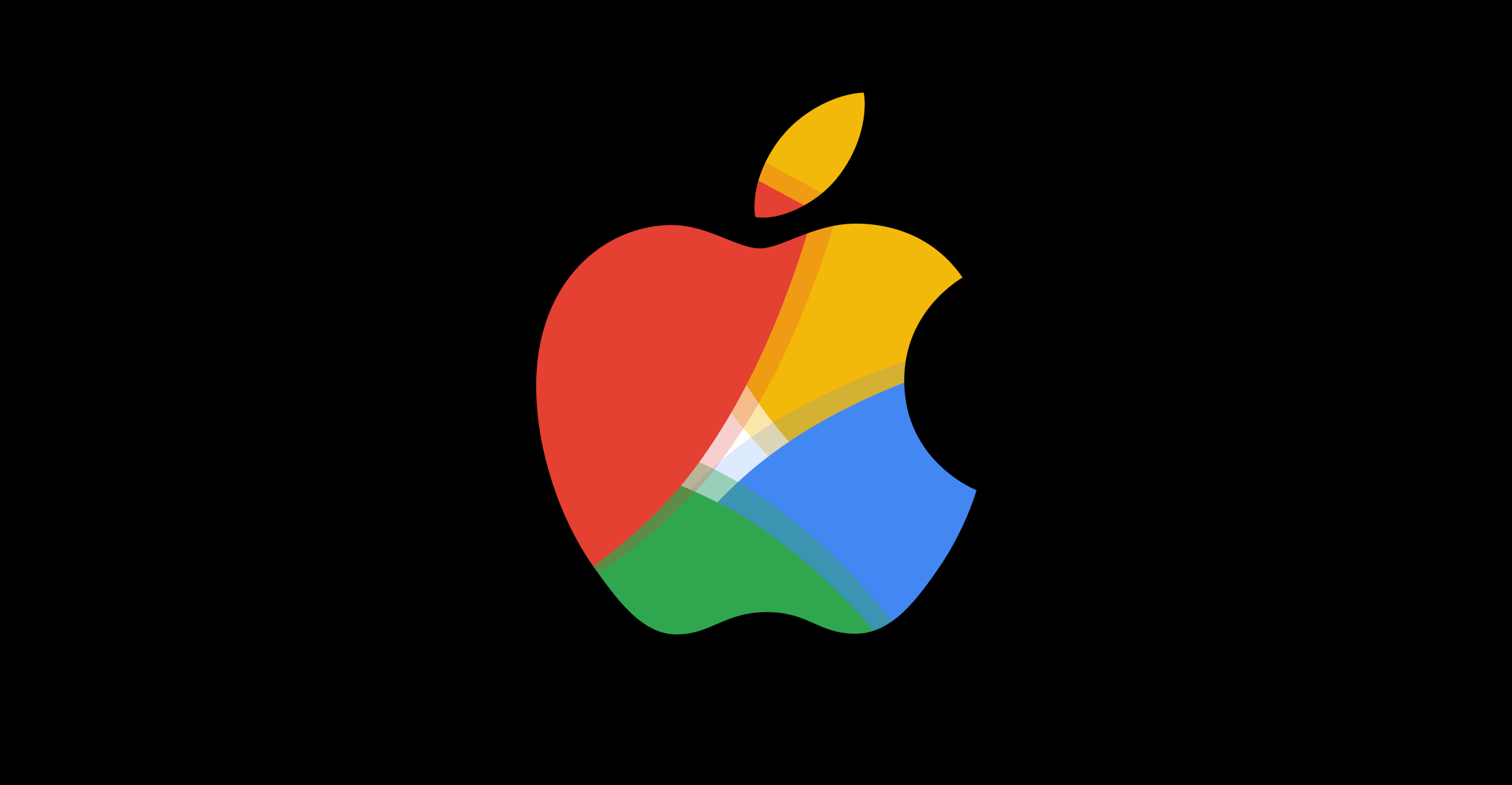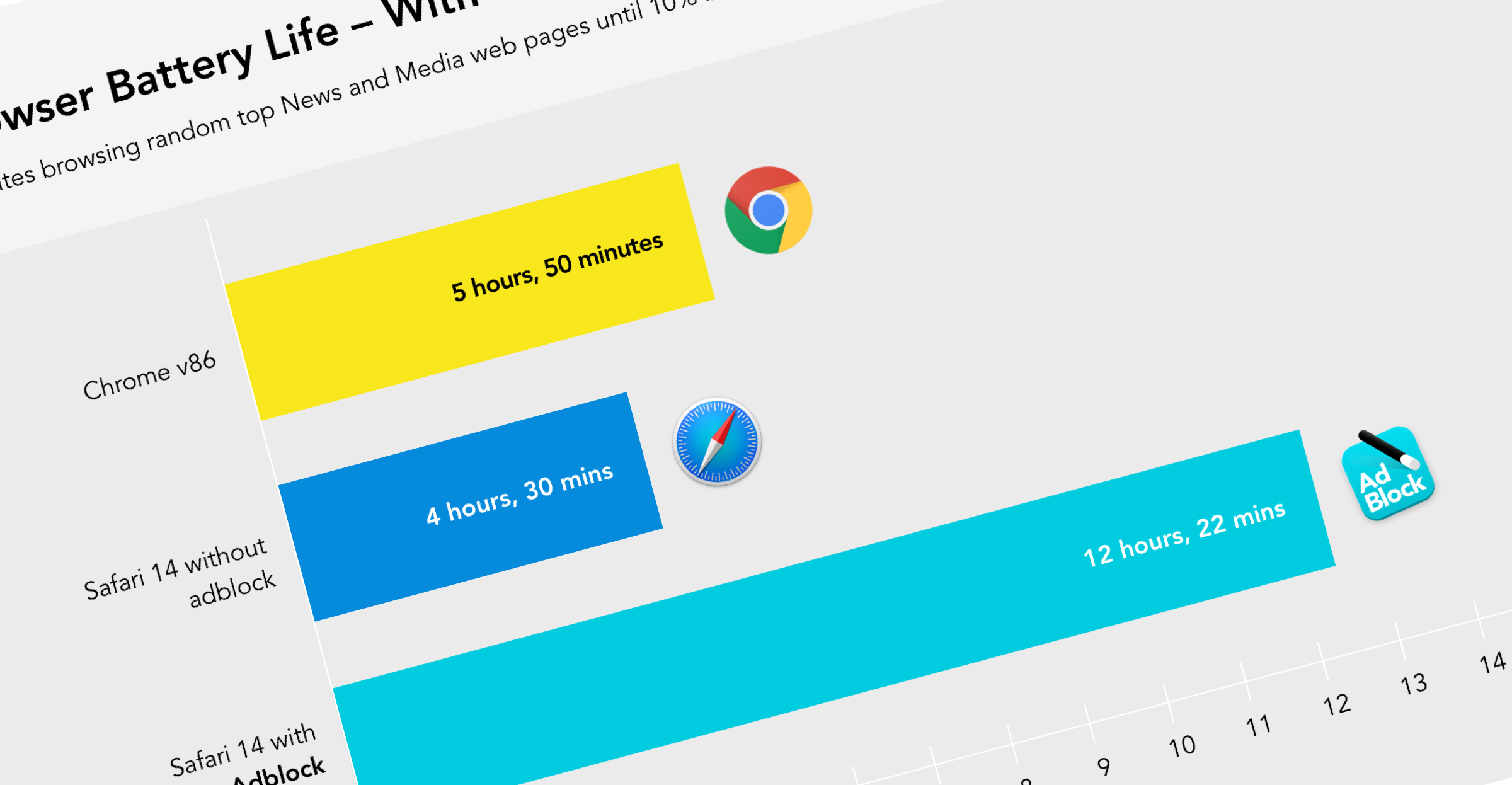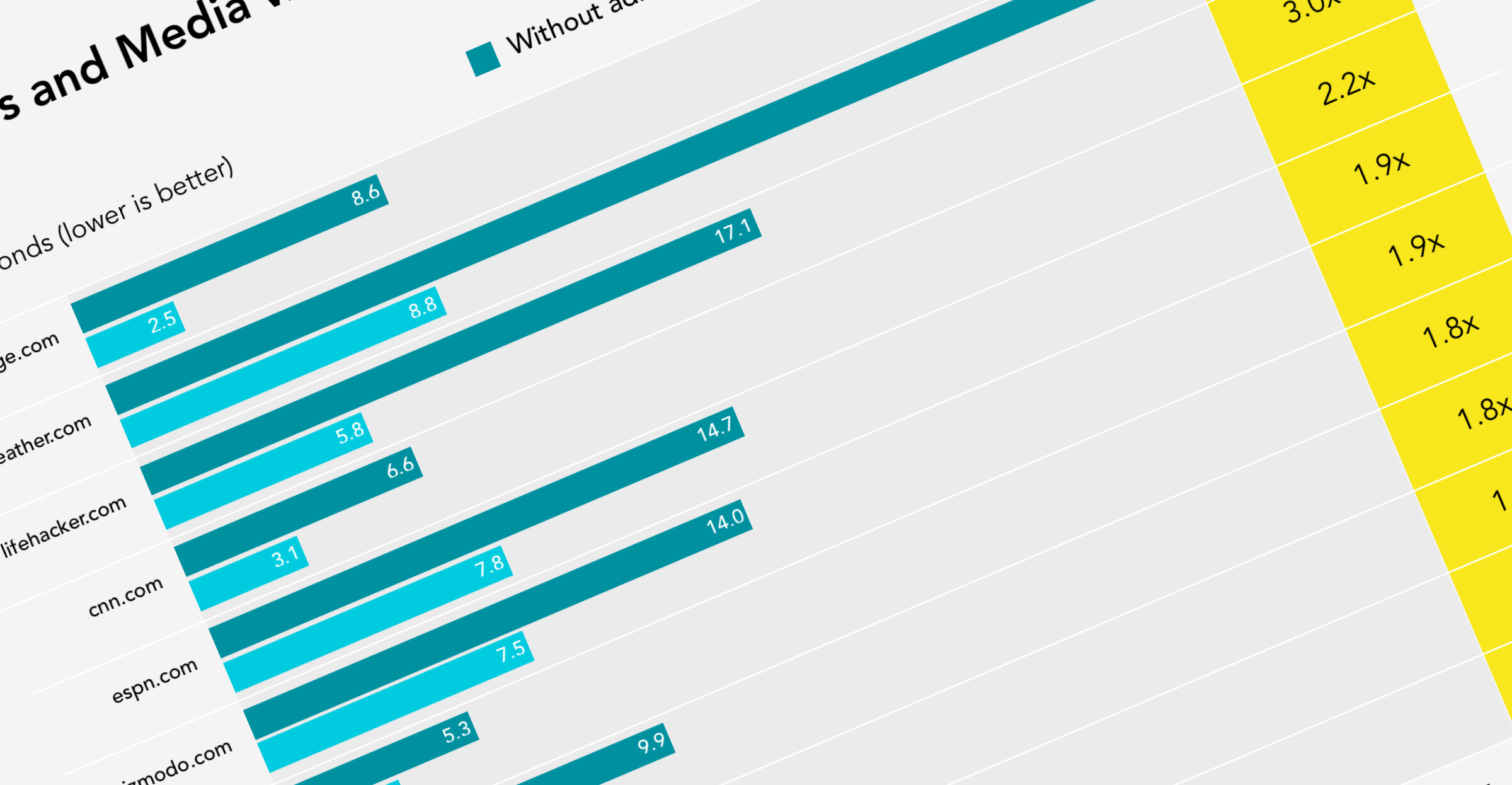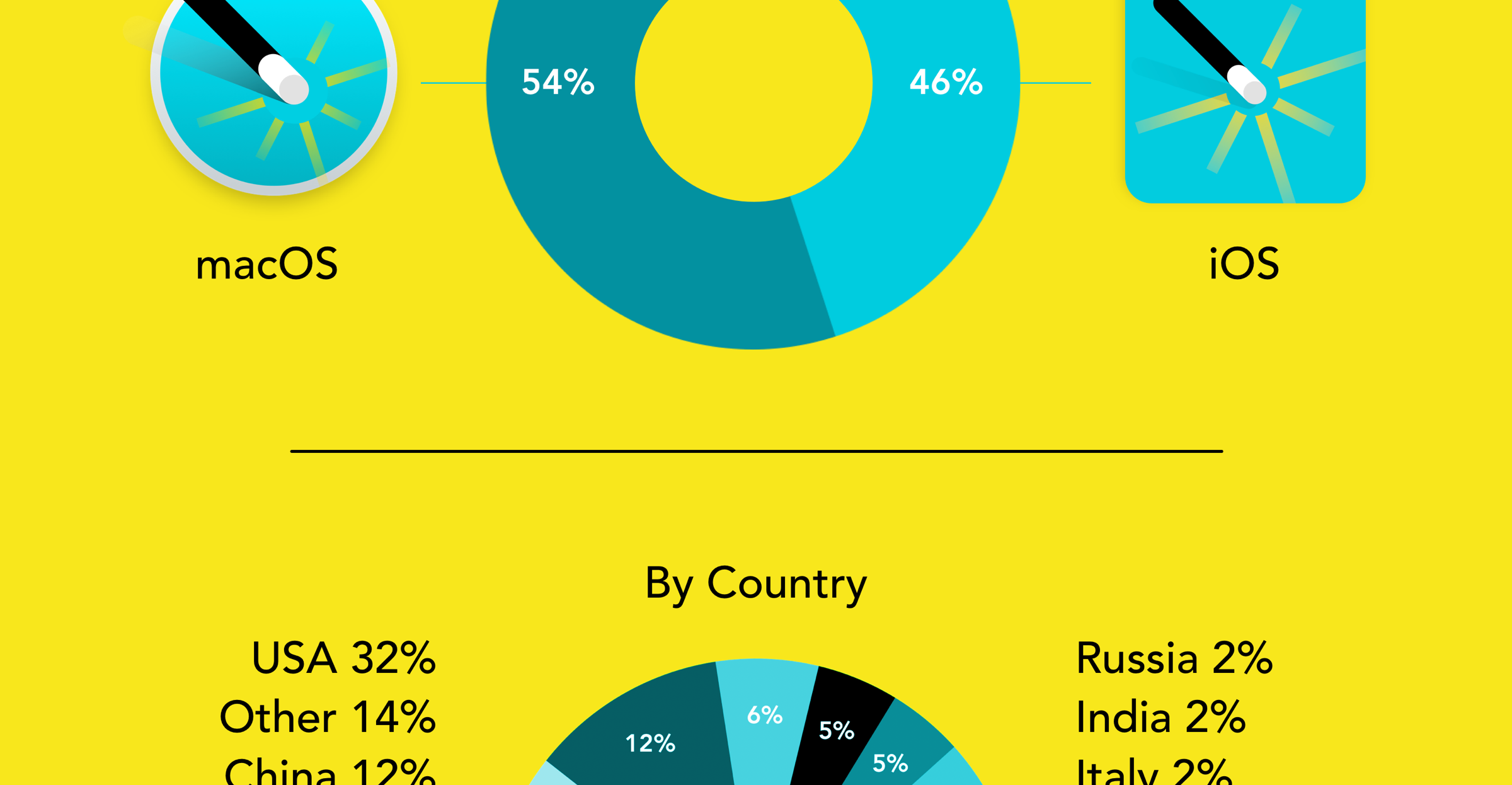If you feel like the internet has changed since it’s early days due to advertising, you are not wrong. A large part of this change is due to the business models of the web’s largest gatekeepers. Both Google and Facebook’s livelihood depend upon the growth of internet advertising.
So yes, the internet has changed due to advertising. But by how much is startling.
Between 2001 and 2017 internet ad revenue has grown from $2 billion per annum to a staggering $20 billion. In the last decade alone, internet advertising revenue has grown by more than 400%.
Visual pollution and clutter was the initial effect of the explosion of internet ads. The digital equal of a town with too many billboards. Annoying, but tolerable.
Unfortunately, that’s not the only downside.
Advertising has also had a major impact on the efficiency and speed of the web. A 2015 New York Times report notes that over half of all data from the homepages of the top 50 news websites is due to ads.
These news sites take more than twice as long to load as they would without advertising. Along with this, over half the data usage and cost (when loaded on a mobile data plan) of the typical web page is due to the ads.
So advertising impacts the speed, efficiency and user experience of the web. Additionally online advertising erodes individual and organisational privacy and security.
Ad networks and social networks track an individuals browsing activity across the internet. Knowing exactly what pages you visit, when you visited them and on which devices. More than any other, ad and social networks know your behaviour, likes and dislikes.
When aggregated and analysed, the competitive intelligence gathered by ad networks is extraordinary. This enables collective understanding about the behaviour of groups of people. Such as all consumers who prefer dogs over cats. Or all employees within a specific business. Forecasting competitor business strategy using such data is likely and alarming.
For the ad networks, predatory data gathering is a competitive advantage. For all other businesses, it’s a major risk. It can’t be long before businesses understand the full extent of this risk, and take active steps to manage it.
No wonder then, is the inevitable rise of adblocking.
Over the last two years, ad blocker usage has more than doubled. With monthly active users of ad blockers in 2017 exceeding 250 million.
As with any large market, there are many different varieties of ad blockers available. Many are very popular. Yet many also mislead about their intent, functionality and business model. Even Google now includes one such restricted ad blocker in their Chrome web browser.
So what’s the solution?
Providing a counterpoint to advertising on the internet is in no way a small task.
Control and power should return to the hands of individual internet users. Any tool attempting to solve these problems must be for the collective good. And be transparent about what it does and doesn’t do. Additionally, how it’s funded should be straightforward and understood by its user base.
With these issues in mind, we recently started developing a small antidote. An adblocker called ‘Magic Lasso’. A product that intends to meet user’s expectations of privacy, security and truthfulness.
Magic Lasso puts control and power back into the hands of individual internet users. Enabling you to experience a cleaner, faster web – without ads.
It’s a step towards solving the problems with ads, privacy and security on the internet. We hope it meets that goal and becomes a tool you love to use everyday.













